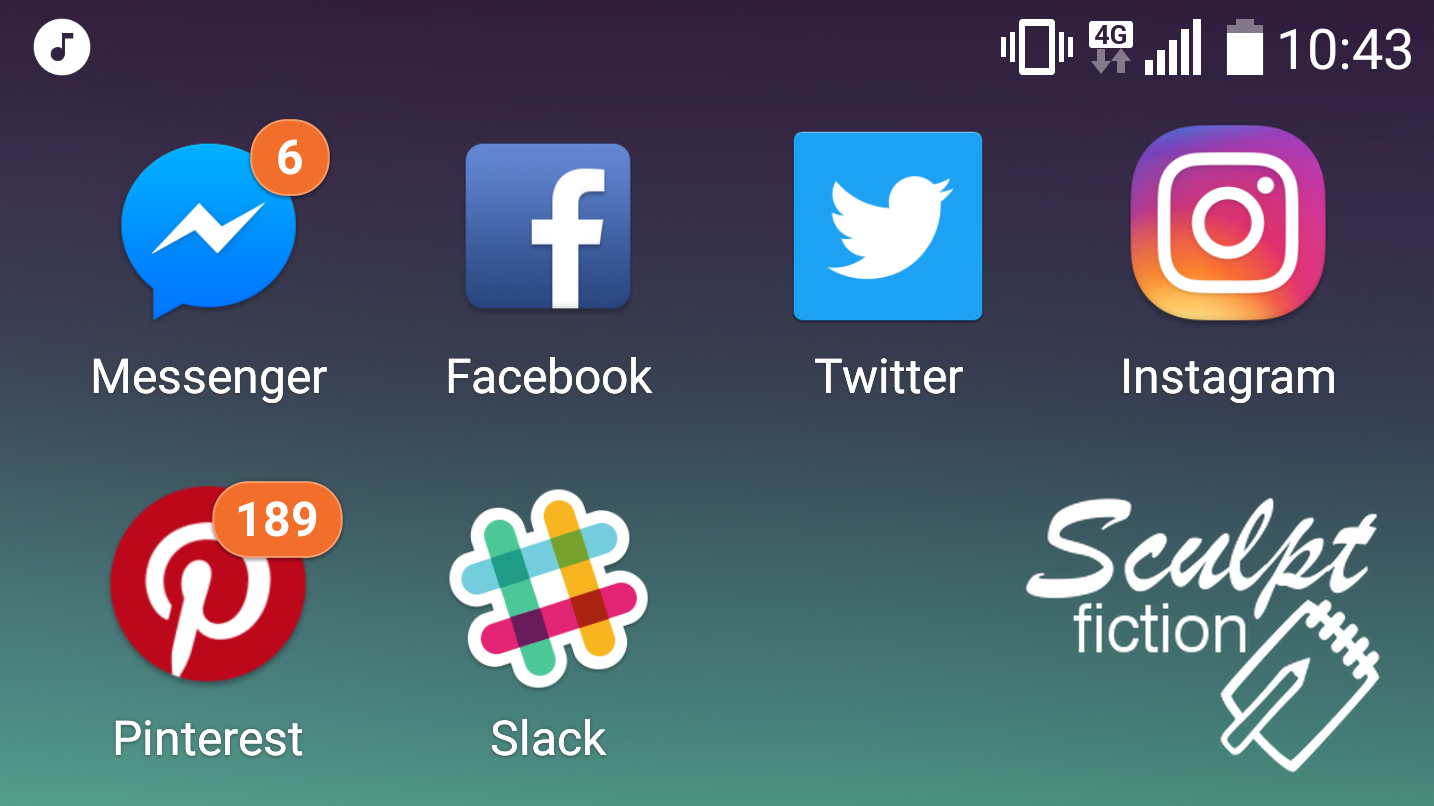
Sign up for breaking news, reviews, opinion, top tech deals, and more.
You are now subscribed
Your newsletter sign-up was successful
"Every year is getting shorter, never seem to find the time," sang Richard Wright on Pink Floyd's 1979 album Dark Side of the Moon. "Plans that either come to naught or half a page of scribbled lines."
It's a song my secondary school used to play at this time every year to scare us into a burst of last-minute cramming before exams, and those words are coming screaming back to the front of my mind as I'm trying to get serious with my novel writing.
No more flailing around with Evernote, or pondering whether the DVORAK keyboard layout has enough advantages over the good ol' QWERTY to make it worth switching.
Instead, I've decided to follow a month-long writing plan set out on The Guardian's website – a strict guide accompanied by PDF worksheets that gives you a strict goal to achieve every day.
The end result will be a thorough outline rather than an actual completed novel, and once it's fleshed out I expect the first draft will need a lot of massaging/beating into shape, but the sheets and deadlines are proving enormously helpful.
However, as the guide’s creator Karen Wiesner says, sticking to it takes real commitment and you have to dedicate a decent chunk of your time to the process. How can you do that when your life has gradually spread to fill all available space like the scent of microwaved fish in the office kitchen?
Fitting it in
Many everyday tasks are non-negotiable, including work, exercise, watering the veg plot, and spending time with friends and family (not necessarily in that order), but one thing has me regularly glued to my phone with no real benefit to my wellbeing or finances: social media.
Sign up for breaking news, reviews, opinion, top tech deals, and more.
My own Twitter and Facebook accounts are fairly spartan, and my Instagram feed is almost entirely made up of photos of running medals, cake and trees (#10k #bakeoff #hippie). It’ll be no great loss to the world if I vanish for a bit.
What eats up my time isn’t making my own posts, but reading reading other people’s. Facebook isn’t too much of a time-sink; these days it’s typically a 50:50 split of baby photos and political rants, interspersed with the odd meme. That’s not too bad – just skip over the angriest posts, offer congratulations on the adorable new arrivals, and dodge the questionnaires that suggest which US president you are based on your favorite breakfast cereal.

The problem is Twitter. Each post may be only 140 characters or less, but it’s amazing how many hours they can swallow up – particularly once you get sucked into a Tweetstorm.
And heaven forbid you start reading replies to a news story. Even feel-good articles about kittens aren’t safe from furious cries of “Fake news!” that ultimately descend into a comparison of the kittens’ owner to Hitler.
Solving this problem on my phone was very simple: I’ve just uninstalled the Twitter mobile app for now. Avoiding it on the desktop is trickier – it’s all too easy to open the site in a browser without really thinking and leave it running in the background, hopping over to see what’s happening when the number in the tab starts to climb.
To avoid this, I’m trying Simple Blocker for Chrome – a tool designed with students in mind, but ideal for anyone whose willpower needs propping up. Just enter the URLs of the offenders (such as twitter.com, facebook.com) and any pages containing that term will be off limits.
If you're really determined to get on Twitter, you could always switch to a different browser or turn the extension off (unless you use the experimental option that prevents you opening the Extensions menu), but hopefully that won't be necessary. Simple Blocker isn't intended to stop kids
Mine certainly does – the next step is an essay, and it's been years since I last wrote one of those. Let's crank up the Pink Floyd and crack on.
Cat Ellis has turned to technology to help write her first novel. Follow her progress in her Sculpt Fiction column.

Cat is TechRadar's Homes Editor specializing in kitchen appliances and smart home technology. She's been a tech journalist for 15 years, having worked on print magazines including PC Plus and PC Format, and is a Speciality Coffee Association (SCA) certified barista. Whether you want to invest in some smart lights or pick up a new espresso machine, she's the right person to help.